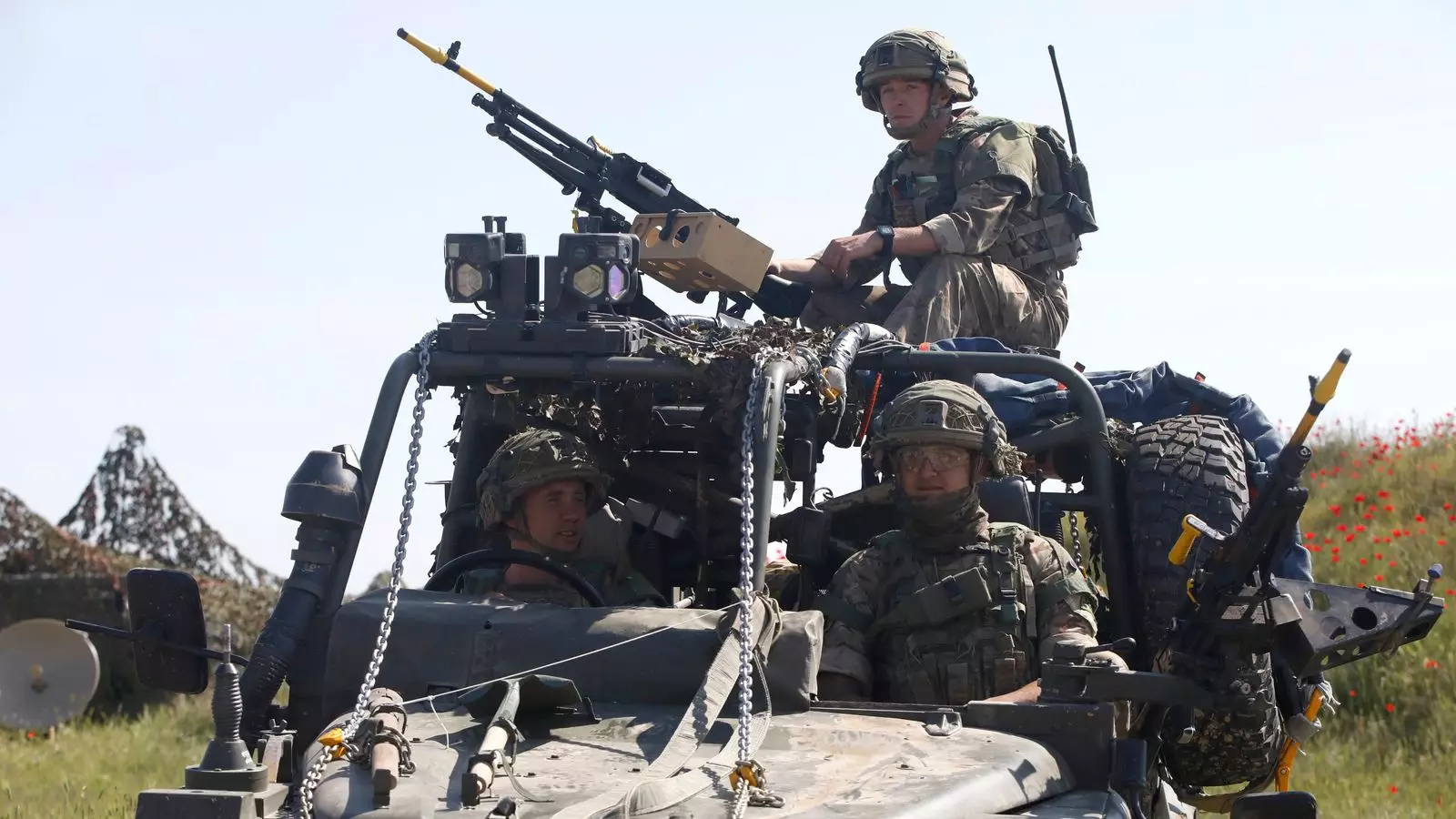As the conflict between Ukraine and Russia unfolds, discussions have emerged regarding the future deployment of European troops to Ukraine. The potential for a peacekeeping mission, aimed at securing urban centers, critical infrastructure, and the nation’s sovereignty, poses a complex strategic question for Western powers. The situation has garnered the attention of various officials who are contemplating how best to stabilize Ukraine in the aftermath of any ceasefire that may come into effect.
At the forefront of these discussions is the need for a clear military presence that reassures the Ukrainian population. Western officials suggest that a force of approximately 30,000 personnel may be dispatched to various urban and critical sites, including nuclear facilities and key economic hubs. This deployment aims not just to stand as a physical barrier against potential aggression from Russia but also to serve as a moral support for millions of Ukrainians displaced by war. The nature of deployment, however, raises important questions about the efficacy and implications of such a mission.
Operational Strategy
The proposed operational strategy indicates that troops would not be stationed in frontline areas but rather in major cities and at sensitive installations. This distinction is critical; these forces would not function as peacekeepers but rather as a reassuring presence designed to bolster the stability of Ukrainian society and encourage the safe return of displaced individuals. However, the absence of frontline engagement raises concerns about the effectiveness of such a force. Can a mere presence provide the necessary deterrence against Russia, and how will citizens perceive these troops as mere placations?
The Technological Edge: Expanding Capabilities
In addition to troop presence, discussions include the deployment of surveillance and support systems, such as satellites, drones, and spy planes. An air policing mission utilizing fast jets could restore civilian flight operations, which remain suspended due to ongoing hostilities. The UK and NATO forces possess experience in employing similar strategies successfully in the Baltic region, but replicating this success in Ukraine may be more complex due to the unique geopolitical environment. The coordination of air assets and ground forces will require sophisticated logistical planning and international cooperation to be effective.
Central to the discussions is the role of the United States, mentioned as a vital “backstop” to any European-led military initiative. The necessity for US involvement is not merely a matter of validation; it is crucial for enhancing deterrence capabilities against Russia. Speculation exists surrounding whether American forces will be actively engaged or merely provide aerial support from afar. This raises additional implications for NATO unity and the dynamics between member states. Are the European nations prepared to operate independently, or do they lack the necessary confidence without American credit?
The prospect of deploying NATO forces has been met with strong resistance from Russia, who deems such actions “unacceptable.” This adversarial stance emphasizes the fine line that European forces would tread; any perceived escalation could trigger renewed hostilities and complicate the peace process. Understanding Russia’s position and response will be imperative to avoiding significant miscalculations on behalf of the NATO forces. How Western nations navigate this relationship may very well influence not just Ukraine’s future but the stability of the whole European region.
As President Zelenskyy emphasizes the need for security guarantees and military support, the logistics of constructing a defense infrastructure remain daunting. While aspirations of establishing a robust security framework for Ukraine are commendable, the path ahead is fraught with diplomatic, military, and operational challenges. Unrealistic expectations on both sides could jeopardize any potential stability. Thus, as these discussions evolve, a concerted effort to balance military readiness with diplomatic dialogue will be fundamental in securing a lasting peace in Ukraine.



Leave a Reply